What Trump 2025 Means For Freedom Of Transaction
Why miners should brace for the application of sanctions law.

With the re-election of Donald Trump, the US may have just put in place the most "pro-crypto" administration in history.
Sounds great – That is until you realize that a regulated Bitcoin is a Bitcoin that adheres to federal law, including the Bank Secrecy Act (BSA), which governs AML/KYC application, and the International Emergency Economic Powers Act (IEEPA), which governs sanctions.
Out with regulation by enforcement, in with regulation by the President.
As an absolute fanatic of all things national security – so much so that Trump's stances on Terrorism have been dedicated their own AZQuotes page – Trump's administration imposed more sanctions than any president in history.
A Trump presidency is likely to codify such AML "protections" for the Bitcoin network, as already proposed by Trump's former Treasury. And there's no reason to believe that miners would not comply, if we believe Bitfarms General Counsel Rachel Silverstein.
"It's going to be really interesting to see how the sanctions issue plays out," Silverstein said on the Bitcoin Magazine news desk last night, when asked for comment on Elizabeth Warren's proposals to stop the use of cryptocurrencies for terrorists and sanctions evasion.
"There have been some miners who have dabbled in that sort of censorship of prohibited wallet addresses, and I think ultimately, if I had to guess, the idea that we figure out some regulations around prohibiting sanction run arounds through the use of publicly available addresses is probably going to come to fruition – and frankly I think that's probably a good thing," Silverstein said.
With sanctions, Silverstein added, we are "leaving a tool for states to use while still leaving at the heart of bitcoin a censorship resistant model."
Silverstein's remarks appear to echo those of White House National Security Council Cybersecurity Advisor Carol House, who has held positions throughout the private sector and US agencies since the Obama administration, including at FinCEN and the Digital Dollar Project.
"The big challenge for censorship resistance is when its going to be exploited by illicit users, what is the good stuff that we can build to prevent that kind of exploitation so you can just get the positive benefits of censorship resistance while not having to deal with the potentially devastating negative consequences," House stated in a Keynote at Princeton.
For House too, such censorship would need to take place at the mining level.
While it remains to be seen who will be heading Trump's administration, Howard Lutnick, CEO of Cantor Fitzgerald, co-chair of Trump's transition team, custodian of Tether's reserves, and previous Fireside Chat guest at Chainalysis' 2024 Links conference, may personally want to make sure that the coming treasury is staffed with those who will put in place a comprehensive regulatory regime.
As Tether continues to face scrutiny for sanctions violations and money laundering, despite having onboarded the FBI and Secret Service to its platform, the firm's CEO Paolo Adroino announced last month that it is building a white labeling platform for Know Your Customer, Anti-Money Laundering and Know Your Transaction reporting.
"That platform will bring you many customers as well I believe," Adroino said to Chainalysis' CMO Ian Andrews, because it will "have the direct connection to you guys."
With publicly traded miners and a transition team welcoming compliance, it seems hard to believe that Bitcoin network won't successfully be regulated under the BSA and IEEPA with Trump – just like any other monetary network.
Independent journalism does not finance itself. If you enjoyed this article, please consider donating to our Geyser Fund.





